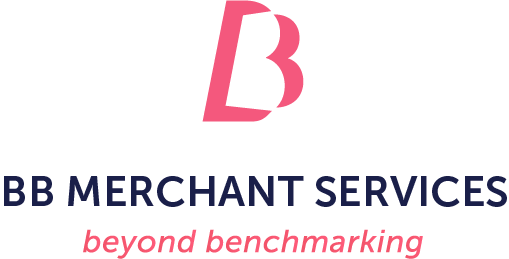All businesses incur costs related to the services they provide. As a result, many firms will use generalist procurement teams to source raw materials and services.
However, firms should avoid using procurement teams with generalist knowledge when assessing complex areas such as commercial banking and merchant services.
Instead, they should seek support from specialists with knowledge of the industry. Specialist interventions with commercial banking services providers can reduce fees, optimise payment solutions, and support debt financing.
Practitioner led support can drive stronger outcomes.
Not all firms utilise practitioner support when assessing commercial banking costs. For example, an airline may deploy a generalist procurement team to negotiate better terms for their inflight meals. However, they may struggle to identify that merchant services margins have risen versus market benchmarks.
Using the above example, whilst the generalist procurement team is negotiating an improved cost base for the food, any benefits could be insignificant compared to increased merchant services fees. Furthermore, a general procurement team may be unaware of subtle shifts in commercial banking costs due to lacking practitioner expertise.
A specialist approach to commercial banking costs is the most effective way to prioritise resources and effort. However, the benefits from this exercise are often not unlocked if the person or team responsible are not practitioners with subject matter expertise. For example, being an expert with hands-on practitioner expertise gained from years working in business-related roles will bring added value and insight.
Subject matter expertise will improve confidence.
Crucially, utilising practitioners with subject-matter experts who have worked in related financial service roles is proven to deliver more substantial outcomes and benefits realisation.
For example, if you took your car into a garage with an engine issue, would you prefer to have the problem looked at by a general mechanic who has never worked on a vehicle like yours? Or would you choose a mechanic who understands the manual back to front and has previously serviced the exact vehicle you have?
Five steps that help your business.
Outlined below are a series of steps that every business should utilise when assessing commercial banking and merchant services models and costs.
- Complete a review of requirements with specialist input. A first step is to draft the criteria for the desired commercial banking and merchant services outcomes with specialist practitioners to maximise the potential for benefits.
- Use specialist data to complete robust market research and benchmarking. By working with specialist benchmarking data and practitioners, a firm will identify its costs while also calculating the benefits earned by the provider. It is unlikely general procurement teams of firms will have access to this level of data and insight.
- Leverage experts from commercial banking and merchant services to complete specialist cost assessments. The prime goal of an assessment process is to save as much cost as possible. Experienced practitioners are often best placed to deliver the cost analysis utilising their hands-on knowledge. This approach also helps the firm to onboard a suitable replacement supplier if this is required.
- Negotiate and contract side by side with practitioners. Negotiating new or improved terms is a substantial part of the cost-benefit realisation process. Utilising practitioners, can strengthen a negotiation process and positively affect the outcomes for both the business and the provider.
- Maintain positive ongoing relationships. Building ongoing and lasting positive relationships with commercial banking and merchant services providers utilising experienced practitioners and their relationships yields more sustainable and longer-term benefits.
Drive stronger outcomes
Many firms use internal and external procurement teams to source raw materials, assets, and commercial banking or merchant services. However, as the five straightforward steps outlined above show, firms should avoid using internal or external procurement teams with generalist knowledge of commercial banking and merchant services when dealing with these matters.

